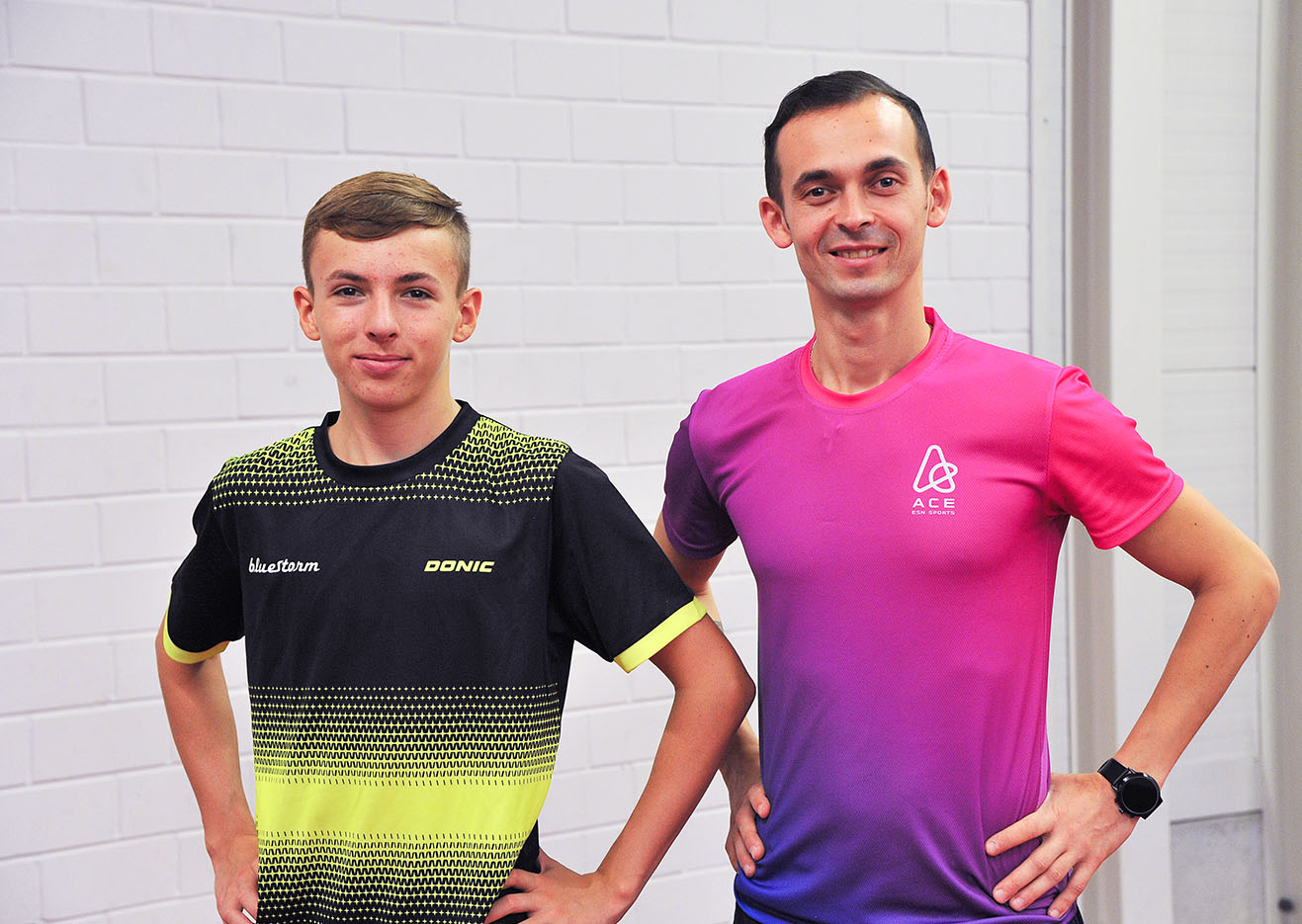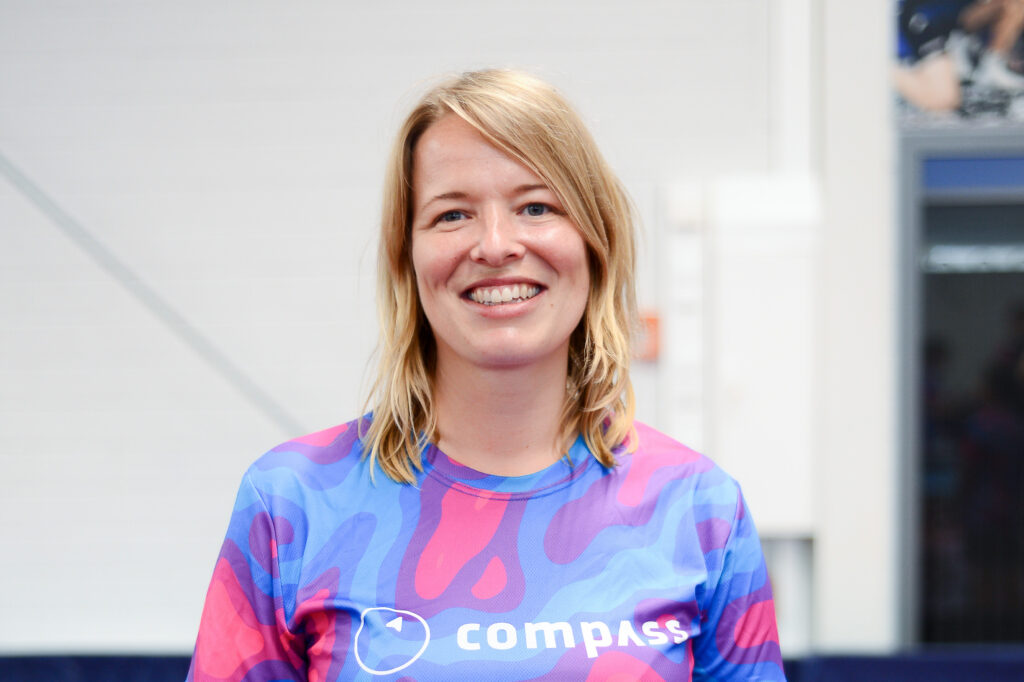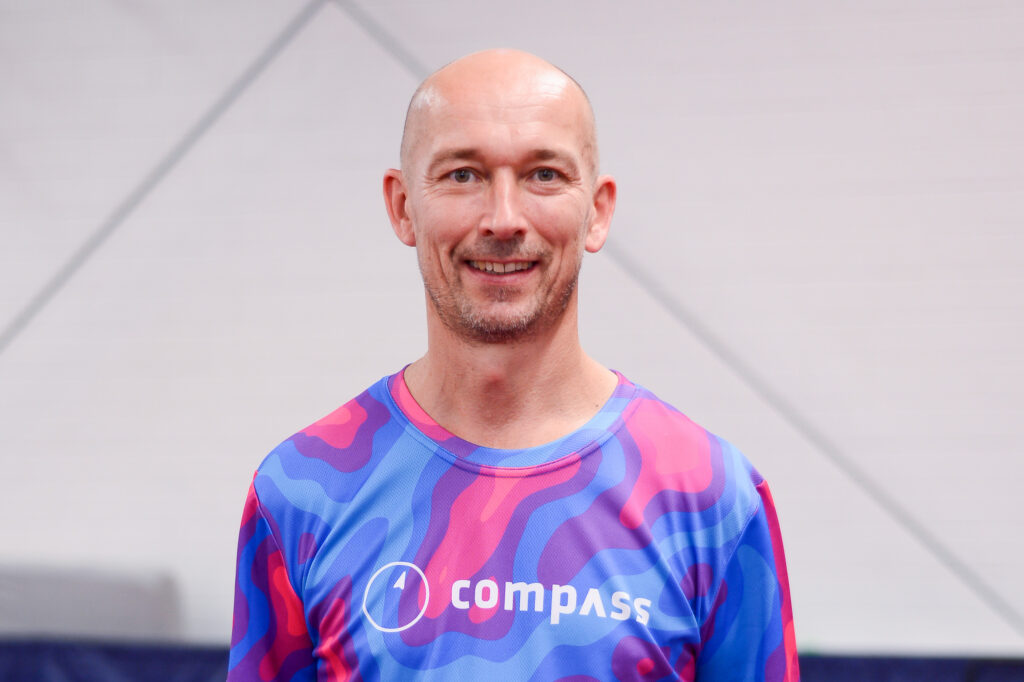Personal Coach
The personal coach (PC) leads the development of the talent and drives the player’s strategy. The PC oversees the pathway and guides the entire process. After the family, the PC plays the most important role in the success of an athlete.
Personal Coach
The personal coach (PC) leads the development of the talent and drives the player’s strategy. The PC oversees the pathway and guides the entire process. After the family, the PC plays the most important role in the success of an athlete.
Personal Coach
The personal coach (PC) leads the development of the talent and drives the player’s strategy. The PC oversees the pathway and guides the entire process. After the family, the PC plays the most important role in the success of an athlete.
The good coach
The good coach
Good coaching requires one or both parents to have some table tennis expertise or dedicated trainers/personal coaches with the right qualities, knowledge and skills. We believe that a coach who meets the requirements of the 7-Factor Coach Profile explained below, will be an excellent coach. Knowledge of table tennis alone is not enough. Our vision of competence is to focus on a holistic and future-oriented coaching style, characterised by persistence and transparent communication.
One “secret” of success is to do the right thing, at the right time, with the right people, from the very beginning. As a rule, however, the optimal environment for further development does not come to the player on its own, which is why it’s crucial for the player in the ages of 13 – 15 to proactively seek and build the right environment together with their personal coach.
For compass coach Evelyn Simon, the key to development does not come solely from table tennis terminology: “Only when there is a trusting player-coach relationship can a player reach her/his full potential.”
For compass coach Oliver Alke, competence also means more than experience: “The most important thing is always people and pedagogy, how to reach each other, how to connect deeper. If you build a good relationship together, incredible things can be created.”
For compass coach Evelyn Simon, the key to development does not come from table tennis terminology: “Only when there is a trusting player-coach relationship can a player reach her/his full potential.”
For compass coach Oliver Alke, competence also means more than experience: “The most important thing is always people and pedagogy, how to reach each other, how to connect deeper. If you build a good relationship together, incredible things can be created.”
The 7-Factor Coach Profile
The 7-Factor Coach Profile
Due to the ever increasing international level of table tennis, a young player cannot afford to make many mistakes during their career if they want to reach the absolute international top. Competent coaches who understand not only table tennis specific skills, attributes and development opportunities, but also what is going on in the other areas of a young person’s life are therefore becoming increasingly important in a player’s development.
Compass believes that a coach who meets the requirements of the 7 factors described below to a high degree will be an excellent trainer and coach.



